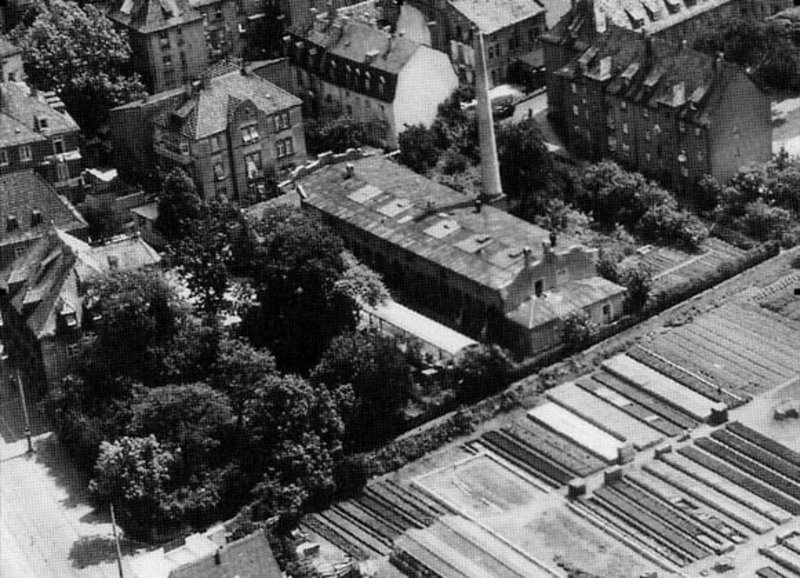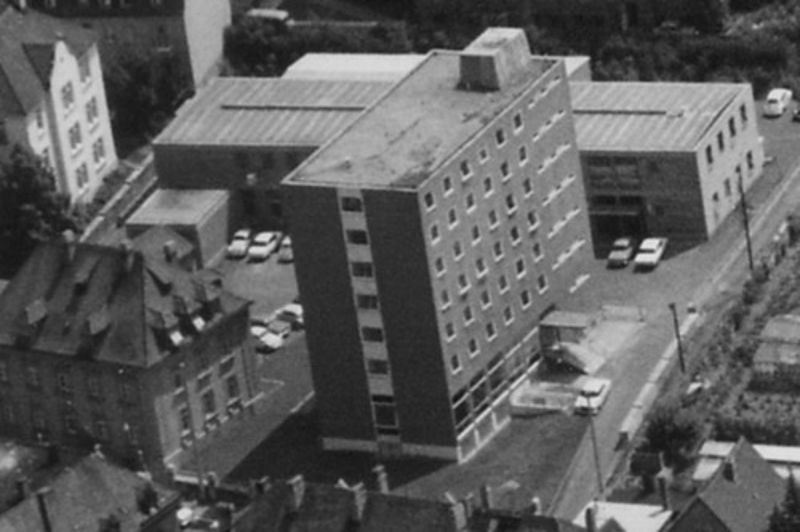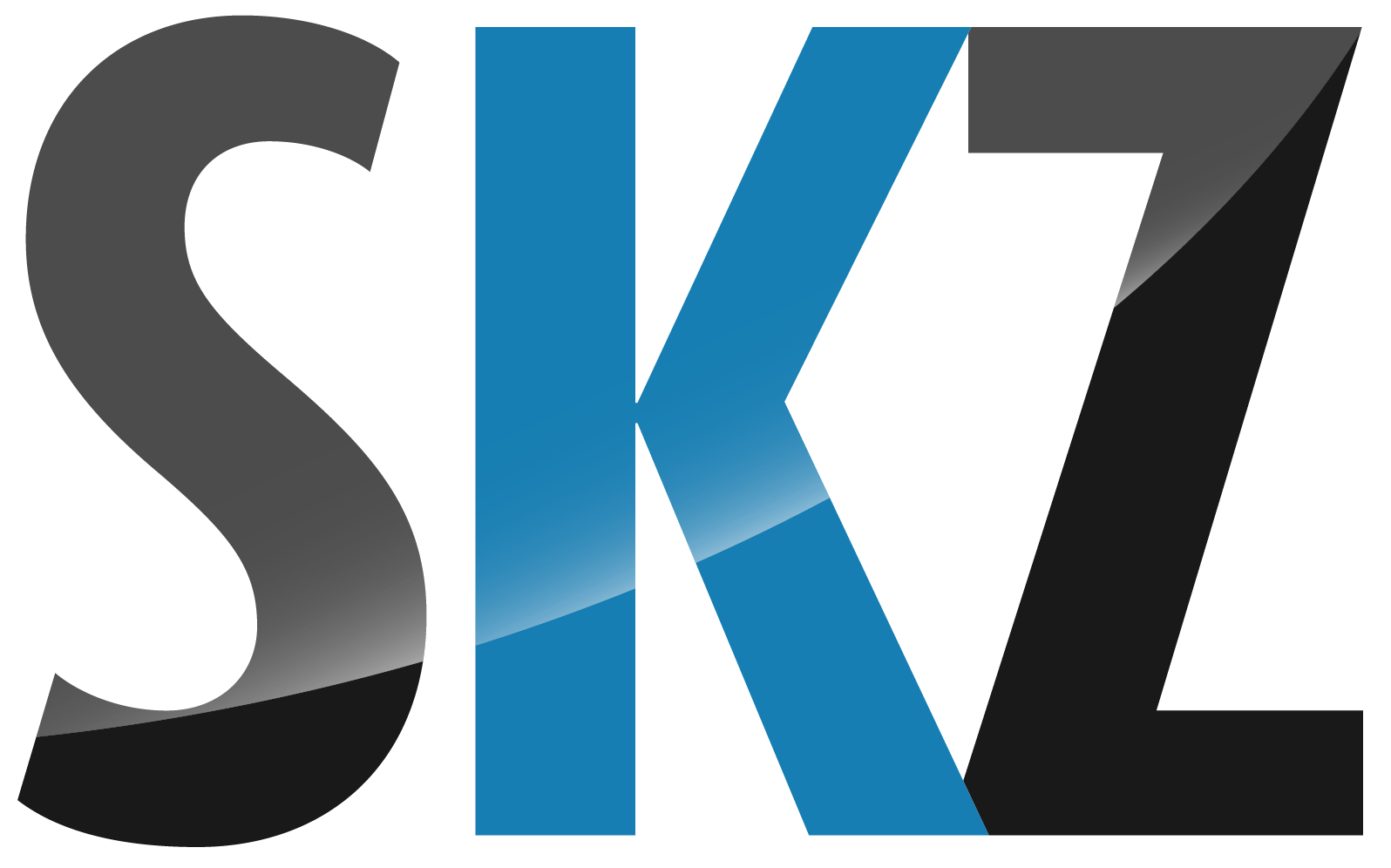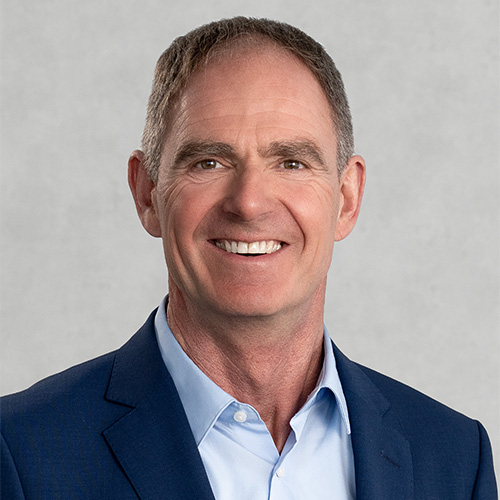Our mission
Since our foundation in 1961, we have been providing holistic solutions for companies
and craft businesses within the plastics industry.
-
We are the leading experts
around plastics material. -
We work customer-oriented and enable
our customers to top performance. -
We handle the tasks assigned to us
reliably, conscientiously and confidentially.
In doing so, we maintain an extremely cooperative relationship with our customers at eye level – often for several decades.
We are enabler for our customers.
We are convinced: Plastics are crucial for the challenges of our time. We help our customers develop new solutions and support them in opening up new markets and securing existing ones. For all tasks and customer requirements, our goal is:
Safe to rely!
That is what we are proud of!
We are also proud of our more than 60-year history, which has made us the leading integrated supplier with competence and experience that can draw on an extensive network within the company and in our industries. This offers our customers real added value. That's what motivates us!
As a service provider for the plastics industry, we research, test and certify products and processes for companies and craft businesses and qualify and network people.
We say thank you to everyone associated with our company, especially our employees, partners and customers. We look forward to many more successful years of enabling the ideas of our customers.

From the beginning to the present
1961 - The start
On 20 January 1961, industrial companies in the plastics sector, craft enterprises and public authorities joined forces in Munich. In a joint action, they founded the Fördergemeinschaft für das Süddeutsche Kunststoff-Zentrum - FSKZ e. V. The aim was to train and educate the next generation of engineers for the plastics industry as well as skilled workers from industry, trade and commerce.

1962 - The beginning in the state school for horse shoeing

In 1962, the Bavarian State Trade Institute acquired the vacant property of the former state horse shoeing school in Frankfurter Straße in Würzburg and rented it to the SKZ. The training workshops and technical centres were equipped with state-of-the-art machinery and equipment. For this, the SKZ already received extensive support at that time in the form of loans from industry.
1964 - The SKZ becomes a recognised testing center
The urgent need to raise the quality of plastic products to a high level through standards and guidelines as well as comprehensive testing became increasingly clear. SKZ was ready to take up this challenge.
A student dormitory was built in the immediate vicinity by the Carl-Duisberg-Society. Since it was taken over by the SKZ in 1990, the dormitory has served as a hostel for international course groups, students, interns, diploma students and trainees to this day.
1965 - Training programmes for developing countries
From 1965 onwards, advanced training programmes were offered to specialists and managers from developing countries. By 1968, participants from more than 30 countries had already taken part in courses and carried the reputation of the SKZ beyond national borders.

The 1970s
The plastics industry made increasingly extensive use of the services offered by SKZ. For this reason, the institute's management saw fit to establish a first branch office in Stuttgart in 1972. But it was also time to expand the Würzburg headquarters.
In 1975, an extension was added to the existing building of the former horse shoeing school in order to provide an efficient workplace for the staff, which in the meantime had grown to 50 employees.
The 1990s
The opening of the inner-German border was a prerequisite for the foundation of a branch office in Halle. The foundation of another branch in Peine, Lower Saxony followed the following year.
Thanks to the support of the Bavarian State Ministry of Economics and Transport, the SKZ was able to open a state-of-the-art training centre in 1996. Since then, technical centres, seminar and conference rooms have been closely interlinked in an area of around 2,000 square metres, enabling optimal training and further education work.
The step into the 21st century
With the inauguration of the processing technology centre in 2002, the basis for the comprehensive development of application-oriented research and development at SKZ was created. In 2005, the Plastics Technology Centre was put into operation.
Since then, comprehensive facilities for testing, monitoring and certifying plastic products as well as for research and development have been available in an area of around 10,000 square metres. The extensive construction measures at the Würzburg site were rounded off by the commissioning of the competence centre for direct injection moulding in 2009.
In autumn 2012, the new SKZ location in Horb am Neckar was officially opened. After more than 40 years, Horb replaces the Stuttgart - Weilimdorf location, which had reached its spatial limits in the meantime.
Just as in Stuttgart, training and further education activities in the field of processing semi-finished thermoplastic products and fibre composite technology are the focus of the work in the Black Forest. A new addition is a technical centre for injection moulding.





